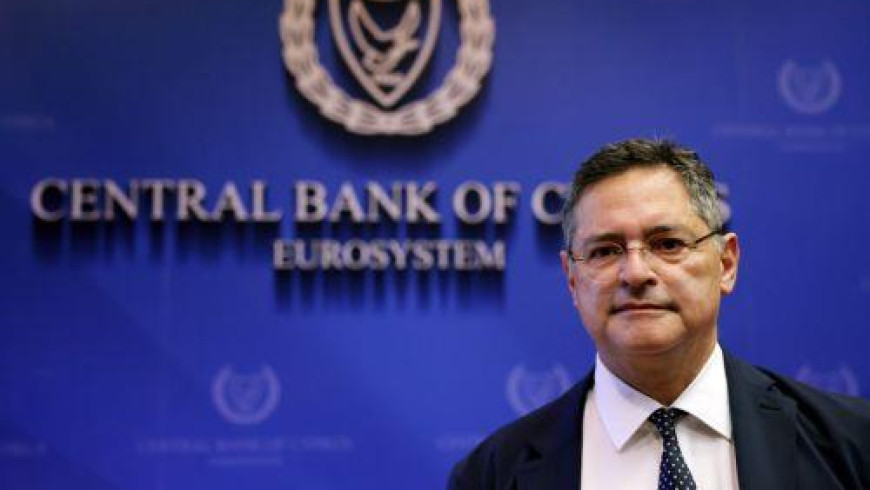
The international rating agency Moody’s, issued its latest report on the Banking System Outlook for Cyprus as at April 2002.
Long-Term Foreign Currency Bank Deposits (average) was rated A2 (negative)
Short-Term Foreign Currency Bank Deposits (average) was rated P-2 (stable)
Bank Financial Strength (average) was rated C- (stable)
Country Ceiling for Foreign Currency Bank Deposits was rated A2 (stable)
The summary opinion headed “Unsettled Outlook as Sensitivity to External Shocks Weighs In”, is as follows:
Liberalisation of the financial sector provides new opportunities and presents new risks, while bank expansion abroad diversifies revenues and diminishes sensitivity to systemic shocks. Recent financial sector liberalisation enables Cypriot banks to properly price loans and deposits. At the same time, increasing competition within a sensitive operating environment is expected to challenge the Cypriot banks as they expand abroad.
A saturated domestic operating environment and inherited cost structure inhibits domestic franchise growth for each Cypriot bank. Following from years of operating in a protected environment, the banking system is characterized by high bank branch penetration and high credit levels relative to GDP. Meanwhile sensitivity to external shocks envelops the financial system. This sensitivity includes asset value sensitivity to tourism receipts and the EU non-accession risk. Although we believe admission to the European Union is highly likely, non-accession risk sensitivity will increase as the EU entry date approaches, until such time that all issues relating to possible EU accession are resolved.
As the negative consequences of the bursting of the domestic stock market bubble linger on, rapid expansion in Greece offers the potential of substantial diversification benefits for Cypriot banks. Overseas expansion is expected to drive their growth over the near term, while competition in Greece is expected to be fierce. As such, the capital resources of some Cypriot banks are likely to come under pressure as they aggressively expand abroad.
Against this backdrop, government willingness to support rated institutions is likely in the event of need, while current monetary policy inhibits the government’s ability to support the financial institutions as their foreign expansion increases. However, complete adoption and vigorous implementation of EU accession requirements is likely to strengthen the Cypriot financial system.
Long-Term Foreign Currency Bank Deposits (average) was rated A2 (negative)
Short-Term Foreign Currency Bank Deposits (average) was rated P-2 (stable)
Bank Financial Strength (average) was rated C- (stable)
Country Ceiling for Foreign Currency Bank Deposits was rated A2 (stable)
The summary opinion headed “Unsettled Outlook as Sensitivity to External Shocks Weighs In”, is as follows:
Liberalisation of the financial sector provides new opportunities and presents new risks, while bank expansion abroad diversifies revenues and diminishes sensitivity to systemic shocks. Recent financial sector liberalisation enables Cypriot banks to properly price loans and deposits. At the same time, increasing competition within a sensitive operating environment is expected to challenge the Cypriot banks as they expand abroad.
A saturated domestic operating environment and inherited cost structure inhibits domestic franchise growth for each Cypriot bank. Following from years of operating in a protected environment, the banking system is characterized by high bank branch penetration and high credit levels relative to GDP. Meanwhile sensitivity to external shocks envelops the financial system. This sensitivity includes asset value sensitivity to tourism receipts and the EU non-accession risk. Although we believe admission to the European Union is highly likely, non-accession risk sensitivity will increase as the EU entry date approaches, until such time that all issues relating to possible EU accession are resolved.
As the negative consequences of the bursting of the domestic stock market bubble linger on, rapid expansion in Greece offers the potential of substantial diversification benefits for Cypriot banks. Overseas expansion is expected to drive their growth over the near term, while competition in Greece is expected to be fierce. As such, the capital resources of some Cypriot banks are likely to come under pressure as they aggressively expand abroad.
Against this backdrop, government willingness to support rated institutions is likely in the event of need, while current monetary policy inhibits the government’s ability to support the financial institutions as their foreign expansion increases. However, complete adoption and vigorous implementation of EU accession requirements is likely to strengthen the Cypriot financial system.














 3287.99
3287.99 1275.09
1275.09
